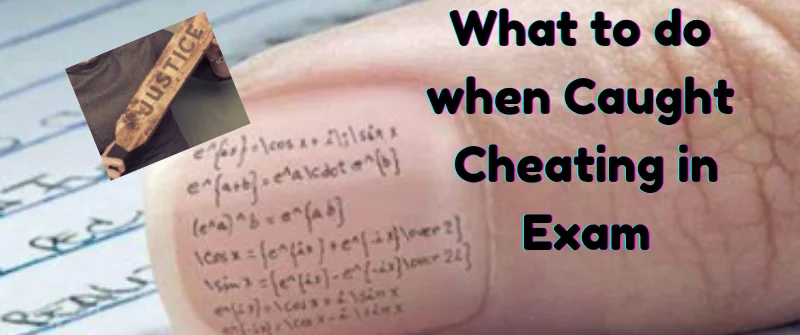As a student, there are times when you may feel as if cheating in exams is not an option. You may have the pressure of getting good grades because of unavoidable factors.
I remember a while back when we had to sit for a very difficult exam. Some classmates sneaked their smartphones into the exam room to access answers from the internet.
It all went well until one of them got caught. She vehemently demined that she was cheating by claiming that she forgot to submit her phone to the examiner before going in.
To justify why she was holding the phone, she stated that she was in the process of switching it off to avoid disturbing other students. She luckily got out of the mess!
What if you get caught while trying to cheat in exams? How would you handle or escape the mess?
What to do if Caught Cheating in Exams
1. Deny
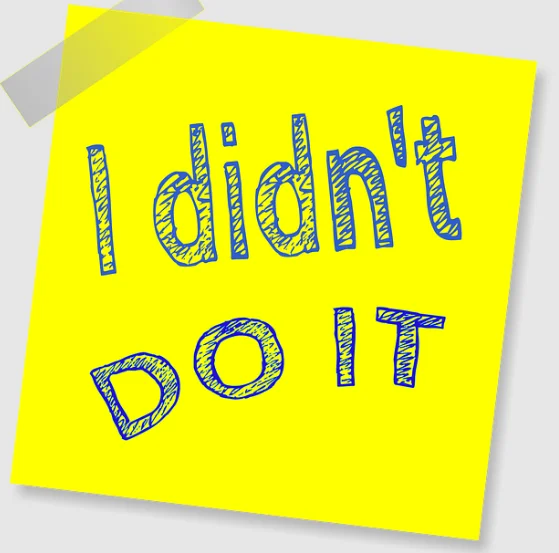
From the personal example I have given you, my friend denied that she was using her smartphone to cheat during the exams and it worked.
Just like denying worked for her, it could also work for you. If you are unlucky and get caught cheating, you should quickly come up with a cover-up story to justify the suspicious activities you are doing within the exam room.
For my classmate, she claimed that she had forgot submitting the phone to the instructor and she was in the process of switching off the phone. This is because she was caught using it.
Even when you do not have a good cover story for cover-up, just deny that you are cheating in the exams. No one will force you to admit unless there is verifiable evidence.
2. Admit
Another thing you can do if you are caught cheating in exams is to admit. I know you may be wondering where I am going with this.
Well, admitting makes you look adorable. It makes you look innocent even when you are cheating.
It is within human nature to be more lenient towards people who seem humble or those who are remorseful for their actions.
Therefore, you can use the strategy of admitting if you get caught cheating in exams because the examiner may forgive you and allow you to continue with the exam with a warning.
Admitting can also make the consequences of being caught cheating less harsh.
3. Negotiate
Negotiating when you have been caught cheating in exams is a bold move. This is because you will be discussing with those who caught you cheating to reach an agreement.
This will require you to be very creative because you will be convincing the examiner that you do not deserve the consequences faced by those who are caught cheating in exams.
This should be a contextual intervention because various exam situations can give different opportunities for negotiation.
4. Ask for Forgiveness

Asking for forgiveness when caught cheating in exams goes hand in hand with admitting. This is because asking for forgiveness means that you have already admitted to the mistakes you have done.
Therefore, if you are caught, you can try asking for forgiveness. It might work.
5. Gaslight
I already feel terrible for giving you this option. Nonetheless, this is where you gaslight the person who has caught you cheating in the exam.
Gaslighting will make them feel as though they have experienced or seen something that is not real and they are making it up.
You will make them feel untrustworthy, unstable, and irrational. You will make them question whether they have seen you cheat. Sounds evil and terrible, right?
6. Forgo the Course
This should be the last resort when you have been caught cheating in exams. If everything else does not work, you can forego the course as long as you have not been suspended.
How to Deal with the Consequences of being Caught
Accepting the Punishment
One of the most effective ways of dealing with the consequences of being caught cheating in exams is to accept the punishment.
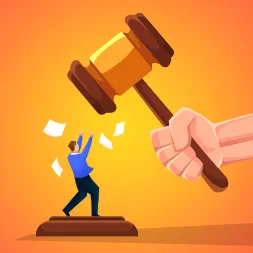
Resisting the punishment will only worsen the situation. The examiners and the institution, in general, will perceive you as an unremorseful individual who will continue cheating.
They may be forced to suspend you if you fail to cooperate. Therefore, it may be advisable to accept the consequences at times.
Seeking Guidance from Academic Advisors
Another strategy for dealing with the consequences of being caught cheating is to seek guidance from academic advisors who have experience with dealing with such cases.
They can give you advice on how to effectively navigate the panel that is questioning you concerning the cheating allegations.
They can also advise you on the way forward in the worst-case scenario.
Learning from the Experience
There is a widely held saying that goes “Experience is the best teacher”. You can also learn from the experience of being caught cheating in your exams for the better.
The choices you make from the experience should reflect your future aspirations. If you do not wish to mess with your education due to the experience, you may decide to never cheat again.
How to Deny Cheating on a Test
1. Give Excuses
You can deny cheating on a test by giving excuses. From the personal example I gave concerning my classmate, when she was caught secretly looking at a powered smartphone, she gave excuses to hide her motives.
Excuses can range from not knowing that your action was against the examination room’s rules to simply telling the examiner that they did not tell you anything in advance.
To ensure that you escape the cheating in exams mess, try to give substantial excuses and not the lame ones that can easily be dismissed.
2. Deny the Evidence
Denying the evidence is another way of escaping the mess.
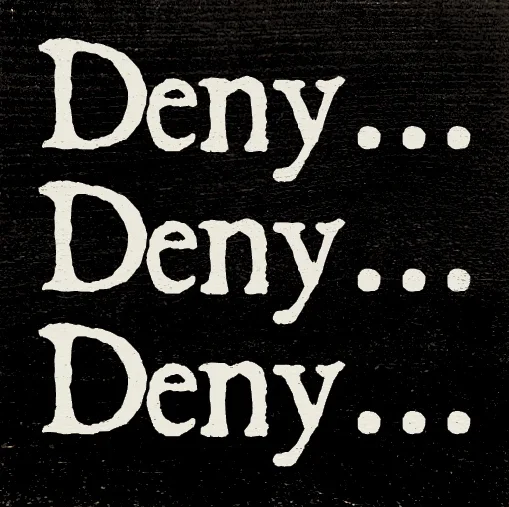
For example, if you have been caught with a cheat sheet or a piece of paper containing the possible answers to the exam, you may deny its ownership. You can say that it does not belong to you.
You can also deny the evidence blatantly. This is where gaslighting may also come in whereby, you vehemently state that whatever the examiner saw was wrong and you were doing everything right.
3. Destroy Evidence
You may also destroy the evidence if you are caught cheating. If you have a cheat sheet, you can chew and swallow it before it lands in the hands of your examiner.
How to Escape being Caught
Be Extra Careful and Discreet
If you have made up your mind about cheating in exams, be very careful when executing the plan. Make sure that you have sealed every leeway that may expose you.
Ensure that you have studied the exam environment before sitting for the exam. It might be a physical or proctored environment.
Be very discreet when cheating to ensure that no one gets suspicious. One suspicious behavior can make the examiner focus more on you.
Do not Involve many People
Involving too many people may increase the chances of being caught. Someone may be caught and end up snitching on you.
Destroy Evidence once done
Ensure that you have destroyed or deleted all the evidence of cheating once you are done with exams. This can be a cheat sheet, documents or search history on your smartphone, and so on.
How Cheating is Detected
Vigilance of Instructors
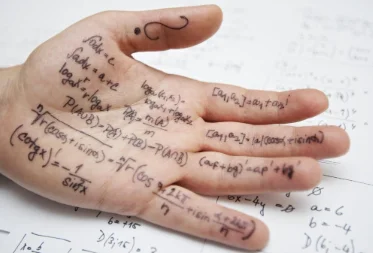
Vigilant instructors will always detect cheating among their students. For example, a student who does not study or care about classes suddenly getting an “A” can raise suspicion.
Observation during Exams
Curious behaviors among students during exams can act as indicators of suspicious activities.
Through observation, examiners or instructors can detect such behaviors and finally catch students who are cheating.
Use of Anti-cheating Software
Various software is available to detect cheating in both physical and remote (online) exams. Cameras can be set in a physical exam room to detect any suspicious body movements.
In online situations, exams may use proctoring software that locks the computer screen to display only the examination tab in the web browser.
The software can also detect any action you take or make while using your computer such as what you type, and what your screen is displaying. It can also access your webcams and microphones to listen and view you.
Snitching from fellow Students
Students can also snitch on you if you have been cheating in exams. This especially happens when you plan to cheat with many students and one of them is caught.
Whistleblowing
Cheating can also be detected through whistleblowing whereby one party, for example, a student or instructor, is aware of the prevalence of cheating and wants the rest to know.
Whistleblowing is an ethical action meant for the greater good. Such an individual wishes for fairness because those who cheat gain an unfair advantage over those who do not.
Student Guilt and Confession
A student who has cheated may feel guilty about their action and confess.
To sum it all up, even though we have discussed tips on how to handle or escape a mess when you get caught cheating in exams, it is advisable to uphold academic integrity and ethics when doing your exams.
